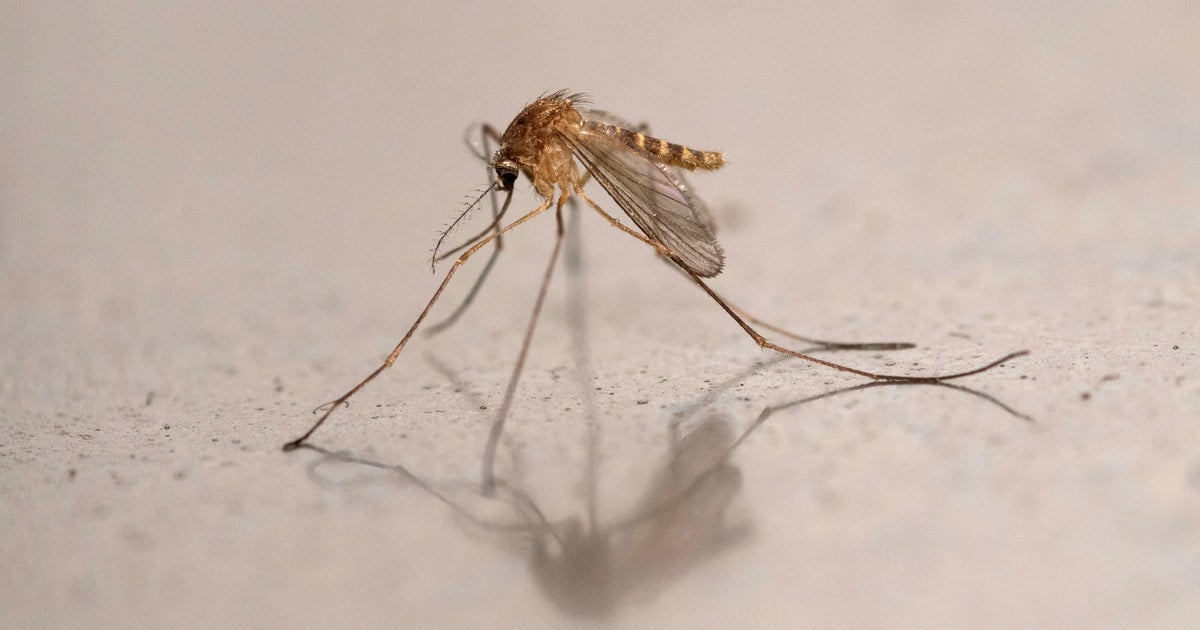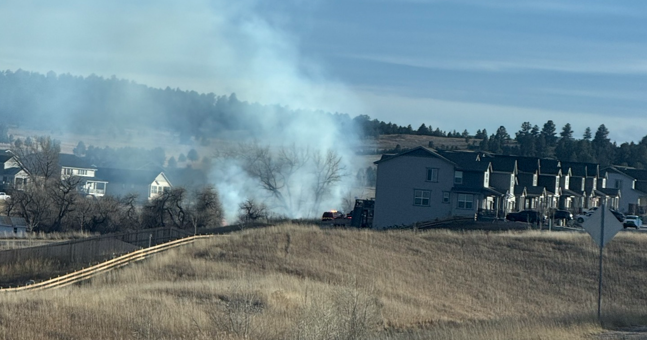North Texas battles growing West Nile virus threat after record rainfall
NORTH TEXAS – Experts predicted the rainy spring would lead to a significant increase in the mosquito population, and we're now seeing its impact on the spread of West Nile virus in North Texas.
Insect samples in both Dallas and Tarrant counties continue to test positive.
"West Nile virus can affect the brain, although it's rare," said Christian Grisales with Dallas County Health and Human Services. "The consequences can be deadly if we ignore mosquito bites."
As of June 22, a total of 46 mosquito traps in Dallas County have tested positive for West Nile virus. This is more than double the amount found this time last year (16 mosquito traps tested positive as of June 24, 2023) and a 2,000% increase from 2022 (2 mosquito traps tested positive as of June 25, 2022).
Just this week, 16 new pools tested positive in Dallas County.
"We are very busy right now because this is high season. That's why we want to alert the community that mosquito activity is ongoing," Grisales said.
Dallas County crews spray the areas that have tested positive for West Nile virus, but they can't control the insect population alone.
"We want people to help us fight mosquito bites. It's a collective effort," Grisales said.
This could include hiring professionals to treat your yard.
"Pest control should be on the proactive side of your family's health," said Cassie Krejci, the Head of Science & Innovation for the Rentokil Terminix North American Innovation Center, which recently opened in Irving.
The labs there focus on studying mosquitoes and other pests for research and development.
"It has the capacity to transform what we do in pest control," Krejci said. "We wanted to put the research and innovation center in a place where the insects were very active as well, so we could be very close to the field and the application, and ultimately the solution."
Scientists say it takes a combination of chemical sprays, spatial repellents, and traps to eliminate mosquitoes.
"If we integrate more than one technology in tandem, I think that's the best way to control the population," said Dr. Sydney Crawley, the Principal Vector Scientist for Rentokil Terminix. "Source reduction is most important."
Anything that can hold standing water for about seven days can breed mosquitoes.
The heavy rains in May and early June created an optimal environment for the pests to thrive. Add in the heat, and you've got a recipe for disaster.
"The warmer it is, the faster an insect can develop, allowing them to have shorter generation times," Dr. Crawley said. "One female, within five generations, can produce 20 million mosquitoes."
That's why it's important to stay ahead of the insects now, through the fall. Mosquito larvae can essentially hibernate and survive through the winter.
"So this year, we will likely have a much longer mosquito season," Krejci said. "This means that in the fall, when the mosquito population naturally drops off, it will be important to put those end-of-season mosquito control measures in place. This way, in 2025, the rebound of this year's population doesn't overwhelm us."
If you think this season is bad, scientists say 2025 has the potential to be worse.
"Mosquito control definitely works best when we're all working together and doing our part," said Dr. Crawley. "Right now, it's especially important to be checking for sources of water, cleaning out the gutters, and cleaning out the yard."
All this is to prevent the pesky nuisances from breeding, biting, and spreading disease.







